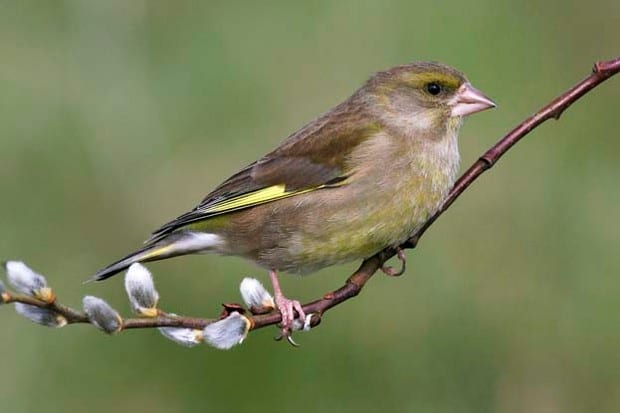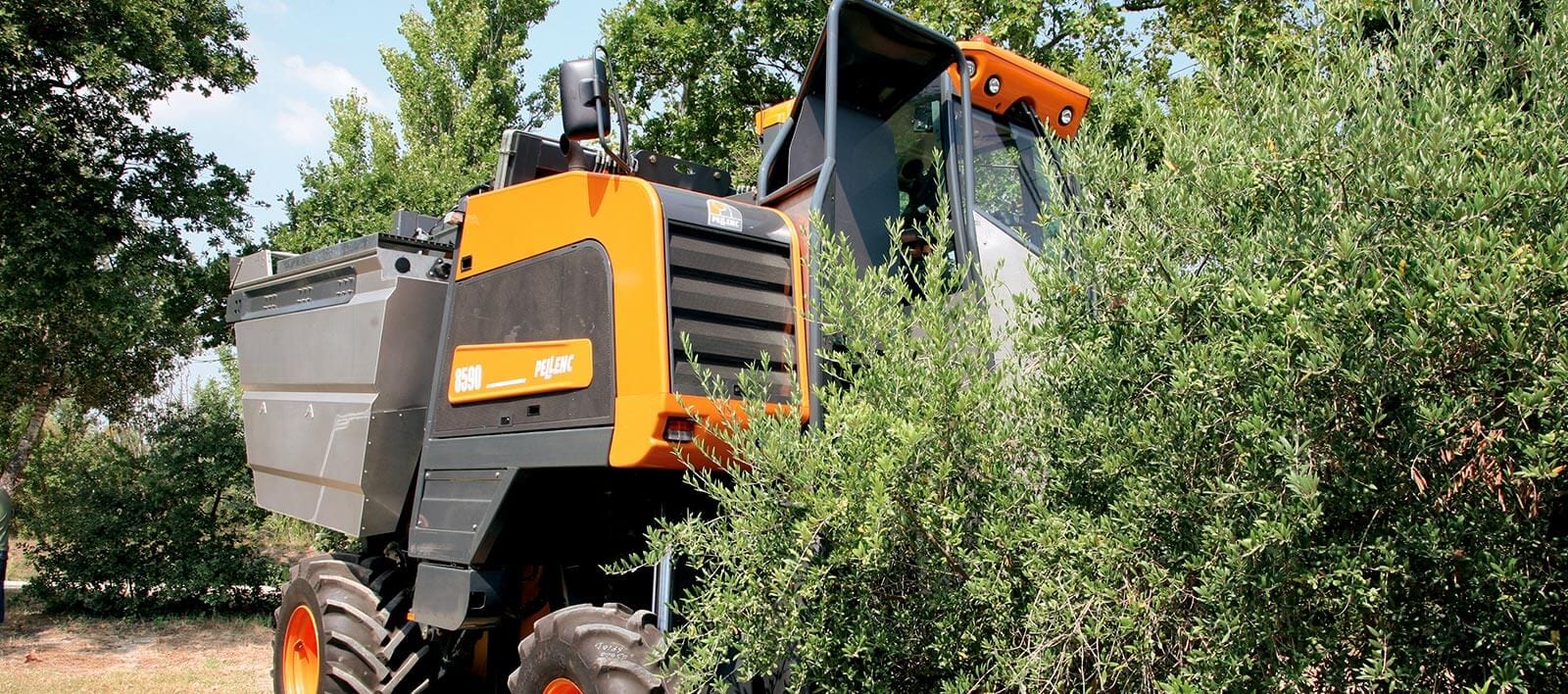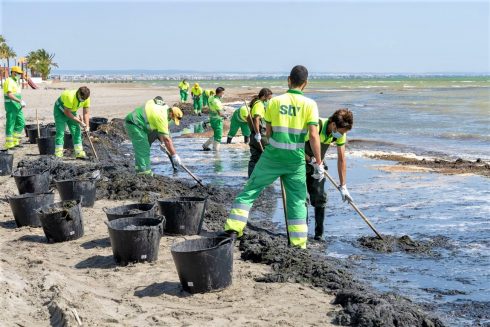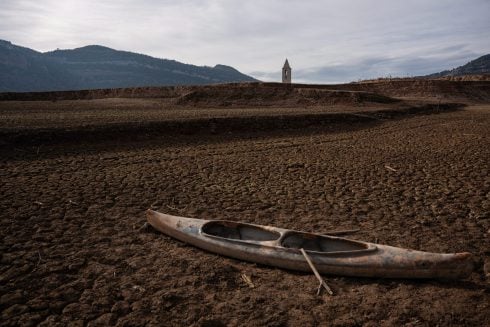
A SHOCKING two-and-a-half million birds are killed in Andalucia every year during the olive harvest.
Millions more songbirds get vacuumed into machinery during intensive night-time harvesting across Spain and Portugal.
Birds including goldfinches, greenfinches and wagtails are among the worst affected during the harvest season between October and January.
At least 17 species are affected by the practice, which was brought to light by an Ecologistas en Accion study in January 2018.
The green group estimated that 100 birds were being killed per hectare of farmed land, leading to around 2.6 million dead birds per season, just in Andalucia.
The shocking statistics confirmed by the Guardia Civil’s environmental arm Seprona, are now being probed by the Junta.
The Sevilla-based body is now under pressure to outlaw the practice of night harvesting, since publishing a report on the problem in October.

Worse still, tens of thousands of the birds are being sold to restaurants as a dish, long popular in inland Andalucia.
The dish – known as pajarito frito – has been outlawed for many years, especially when the birds in question are endangered species.
“This practice is illegal and highly condemned due to a lack of sufficient health guarantees for public health,” said a Junta spokesman this week.
No charges have yet been brought against any farmers or hotels, however the Junta confirmed it was looking at banning ‘super-intensive’ harvesting at night.
“It will prevent migratory birds from being caught by the machine’s spotlights,” he added.
“It is a real problem, with pressing and serious environmental repercussions, which transcend the national and geographical limits of Andalucia.”
Pressure has grown on Spain, after a number of British supermarkets confirmed they are also probing the practice with an eye on banning olives or olive oil produced in this way.

Tesco confirmed it was investigating how olives are collected for its oils after many buyers expressed concerns, following the publication of the report in journal Nature last week.
“We’re currently looking into how we pick these olives so, by the time it comes to harvest them, all the necessary changes will have been made,” said a spokesman.
Numerous olive oil firms in Spain – the world’s biggest producer of what is termed ‘liquid gold’ – harvest at night as the cooler temperatures better preserve the aroma of the olives.
The issue is the bright lights of the tractors, which dazzle the sleeping birds leading to many being sucked into the machinery and crushed.
The issue is not a problem during the day.
Global olive oil brand Filippo Berio, which offers oil from Spain and Italy among many other countries, confirmed it would be checking its produce.
“We will keep consumers updated as and when we have more information.”











